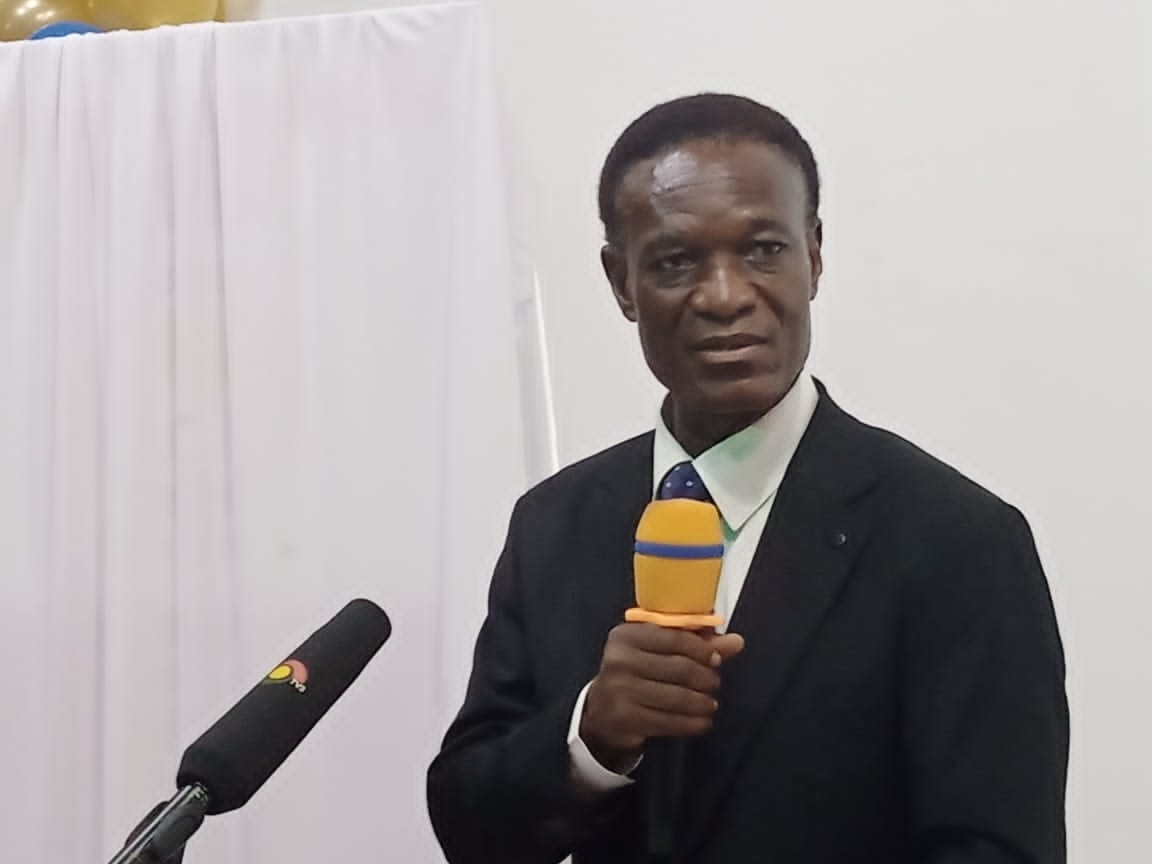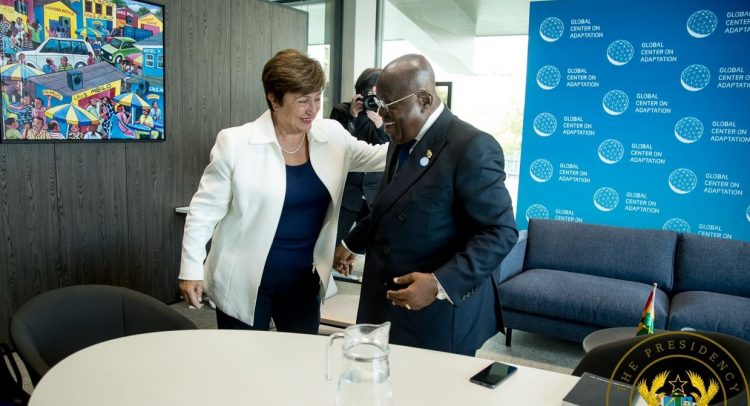
The Executive Director of the Centre for Policy Scrutiny (CPS), Dr. Adu Owusu Sarkodie, has warned that the government’s heavy reliance on expenditure cuts in 2025 to achieve fiscal consolidation severely affected the credibility of its spending plans and disrupted the work of critical state institutions.

Presenting a detailed assessment of the 2026 Budget, Dr. Sarkodie said the government’s strategy of tightening expenditure in 2025, especially the deep cuts to capital investment and goods and services had “disrupted the operations of Ministries, Departments and Agencies (MDAs)” and sent “a negative signal to the private sector and investors about the credibility of government expenditure plans.”
According to the CPS review, although the fiscal deficit improved significantly from 5.7% of GDP to 1.5% on commitment basis, the adjustment came at a cost that may undermine confidence in the government’s ability to execute its annual budgets faithfully.
Severe spending squeeze
Dr. Adu Owusu Sarkodie stressed that the consolidation in 2025 was “expenditure-driven,” forced partly by weak revenue mobilisation and partly by strict adherence to fiscal targets.
The report observed that capital expenditure for the first three quarters of 2025 fell to GH¢11.01 billion—almost 60% short of the GH¢26.59 billion target.
Spending on goods and services also dropped by almost 25%, despite MDAs already struggling with arrears, limited logistics and operational constraints.
“These cuts were unusually restrictive,” the review noted, adding that they left many government agencies unable to implement planned programmes, maintain service delivery levels, or complete ongoing projects.
The CPS argued that while fiscal discipline was necessary to stabilise the economy after years of volatility, the intensity of the contraction raised questions about planning and the overall predictability of public expenditure.
The review highlighted that revenue mobilisation fell consistently short throughout 2025. By the end of the third quarter, revenue and grants had missed target by GH¢7.71 billion, equivalent to 0.5% of GDP.
“This underperformance in revenue mobilisation has compromised budget execution,” CPS warned, stressing that inadequate inflows forced the government to rely heavily on cutting capital and operational spending to meet fiscal targets.
Dr. Adu Owusu Sarkodie added that the persistent shortfall in revenue “worsened progressively,” which further heightened the strain on implementation.
Expansion in 2026 raises new risks
Looking ahead, CPS said the 2026 Budget marks a dramatic shift from contraction to expansion, with total expenditure expected to increase by 20.1% on commitment basis and 24.8% on cash basis.
Capital spending is set to rise to GH¢57.5 billion, representing a 141% jump from projected 2025 outturns.
But the think tank cautioned that the credibility of this expansion depends heavily on improved revenue mobilisation and domestic borrowing capacity.
“The 2026 fiscal programme is anchored on an increase in expenditure that surpasses revenue growth,” the review noted, emphasising that the deficit will be financed largely from the domestic market, a choice that could trigger additional interest rate pressures.
CPS warned: “The projected widening of the fiscal deficit in 2026… could trigger financing and interest rate pressures.
“These risks are magnified by the uncertainty surrounding the government’s ability to achieve its revenue target.”
Concerns over GRA resourcing
One of the strongest concerns raised in the report relates to the Ghana Revenue Authority (GRA), which is expected to implement new digital tax measures, AI-based customs enforcement systems, and VAT reforms.
Despite these expanded responsibilities, the GRA’s allocation increased by only 1.5% in the 2026 Budget, much lower than the 28.3% increase it received in 2025.
CPS warned that such limited resourcing “raises doubts about how effectively it can pursue the measures set out in the budget.”
According to Dr. Adu Owusu Sarkodie, this heightens the risk that the revenue targets might again fall short, which would derail the government’s entire 2026 spending plan.
Monetary sector implications
The review also examined the monetary policy environment, noting that inflation dropped sharply from 32.1% in December 2024 to 8% by October 2025, the fastest disinflation in two decades. It attributed this success to coordinated fiscal restraint and aggressive monetary tightening.
However, CPS flagged concerns that the Bank of Ghana’s sterilisation strategy, which soaked up GH¢62 billion in liquidity, had unintended consequences.
The report noted: “By issuing high-yielding sterilisation bills, BoG was competing with the private sector for funds… this dynamic meant less credit was available for businesses.”
It warned that although inflation stabilised, the private sector suffered from restricted access to credit, undermining job creation and investment.
The austerity also affected infrastructure and human capital development. Several major road, energy, and health projects slowed due to the shortfalls in CAPEX releases.
The education and health sectors, though relatively protected, still faced operational pressures because of reduced goods and services allocations across MDAs.
CPS noted that while the 2026 Budget restores funds to these sectors, success will depend on stable revenue and disciplined execution.
To restore confidence, CPS recommended that government increases resourcing for GRA to close revenue gaps, improves planning, prioritisation, and procurement to ensure efficient use of increased 2026 spending.
The government should also strengthen coordination with the Bank of Ghana to manage interest rates and domestic borrowing pressures.
There must also be balance stability-oriented monetary policies with the need to increase credit to the private sector.
Dr. Adu Owusu Sarkodie concluded that the overarching challenge for 2026 is ensuring that the government’s renewed ambitions are matched by realistic revenue measures and credible implementation.
The post Government’s 2025 austerity measures have damaged its credibility –CPS appeared first on The Ghanaian Chronicle.
Read Full Story

















Facebook
Twitter
Pinterest
Instagram
Google+
YouTube
LinkedIn
RSS